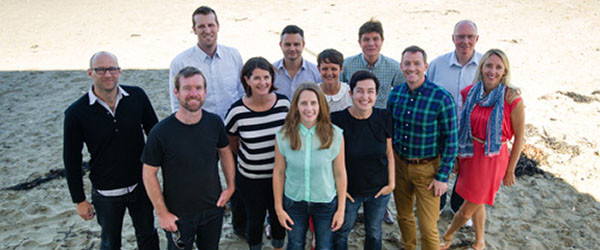Home
About Us
Page 2
The applicants of the program can choose between two funding options. The first option would require the successful applicants to establish state and local coordinated Lifespan Respite Care systems in order to serve family caregivers regardless of their age or special needs.
|
|
In addition, the applicants under this funding option will also be required to create and provide new and tested emergency respite services, as well as provide training and recruit respite volunteers and workers while simultaneously assisting caregivers in obtaining access to respite care services.
The second funding option stipulates that the applicant should be bring to scale more completely integrated respite services across the lifespan with a goal of sustained, measurable progress towards the realization of sustainable Lifespan Respite systems.
To support these initiatives, the Administration on Aging is ready to administer funds in the amount of $2,495,000 to a couple of worthy, eligible grant recipients.
The institutions and organizations who will be considered eligible to participate in the Lifespan Respite Care Program - Technical Assistance Resource Center are the following:
a) Private and Public Non-profit entities
b) State and Local Governments
c) Indian Tribal Governments and Organizations
d) Faith-based Organizations
e) Community-based Organizations
f) Institutions of Higher Education
Lifespan Respite Care Program - Technical Assistance Resource Center
Back to Page 1
About The Author Iola Bonggay is an editor of TopGovernmentGrants.com one the the most comprehensive Websites offering information on government grants and federal government programs. She also maintains Websites providing resources on environmental grants and grants for youth programs. |
Additional Resources
category - Health Grants
Environmental Exposures and Health: Exploration of Non-Traditional Settings Program
Learning Disabilities Innovation Hubs Program
Development of Measures to Determine Successful Hearing Health Care Outcomes
Pilot Surveillance System for High Impact/Low Prevalence Congenital and Inherited Conditions Program
Follow @topgovtgrant
Social Entrepreneurship
Spotlight
Social Enterprise Incubator Garners Funds to Help Social Enterprises in New Zealand

Hikurangi, a registered charity founded in 2008 and has since morphed into a social enterprise incubator, has bagged a $1.27 million to fund main programs: countrywide workshops and clinics, advisory services, incubation, and a social enterprise accelerator pilot.
